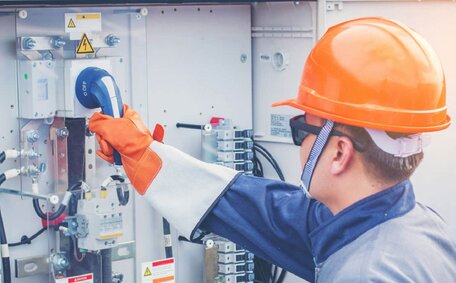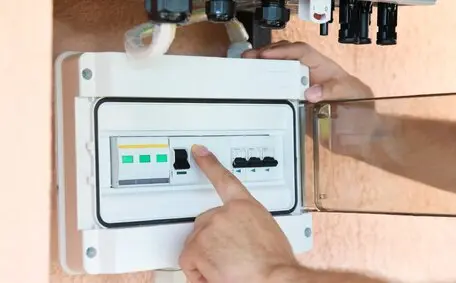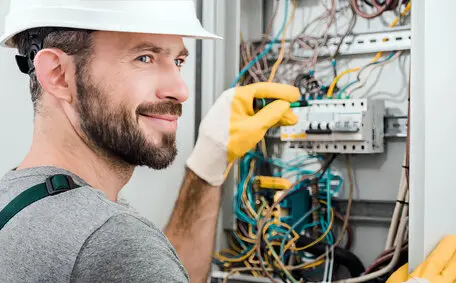
The Importance of Properly Connecting Power
Discover the significance of correctly connecting power for your safety and electrical system’s efficiency. Read our guide to ensure a secure and optimised setup.
Read MoreMoving into a new home or renovating? Connecting your electricity is a step you can’t skip. A powered home lets you fully use its electrical systems and enjoy ongoing service without interruptions. Here, we’ll walk you through the essential steps for connecting your home’s power supply.
To request a new connection, you must contact your local electricity distribution company. Provide details like your name, address, and required supply capacity. The utility will conduct a feasibility study, considering factors like distance from existing power infrastructure.
Let’s dive deep into the process of connecting your electricity. We’re here to equip you with all the essential knowledge to make informed choices and keep your electrical systems humming smoothly.
Ready to start this empowering journey? Let’s go!
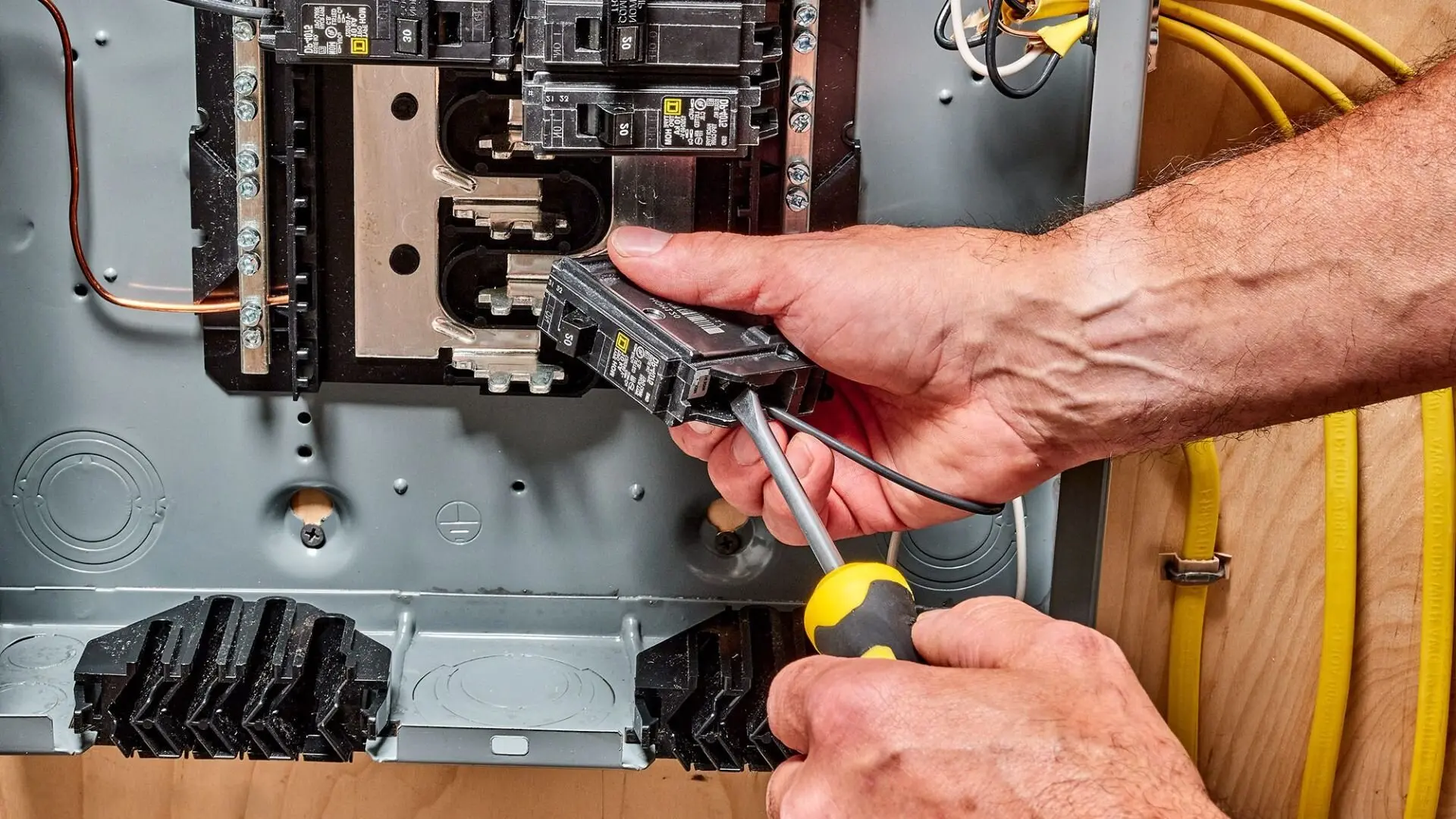
Once your electricity is connected, it travels through an intricate network of systems, powering your appliances, gadgets, and lights efficiently and safely. Understanding these systems can make your electricity usage much more effective.
The foundation is the wiring and cabling connected to the main power supply, which transports electricity throughout your home. Different gauges of copper and aluminium wires are housed within insulation and conduits based on the loads they handle.
Electricity flows through multiple circuits, each with a protective fuse or breaker. Lighting, power, and appliance circuits are all tailored to meet specific needs safely. The main service panel acts as the control centre, intelligently routing power.
Switches give you command over lighting and appliances. Strategically placed outlets provide convenient access points to plug-in devices. Safety systems like residual current devices protect against shocks and faults.
Getting to know your home’s electrical backbone helps you maximise its potential. It lets you make smart decisions about what appliances to add, where to install more switches, or if extra circuits are needed. Plus, it’ll help you keep tabs on your usage via the electricity meter.
As your home ages, you might need to upgrade the wiring and systems to handle more electrical load safely. An electrician can help make sure your setup complies with current safety standards, giving you peace of mind that it will effectively support your family’s needs for years to come.
Before you connect power to your home, it is crucial to make preparations to ensure a smooth and successful process. This section will guide you through the essential steps and considerations before initiating the power connection.
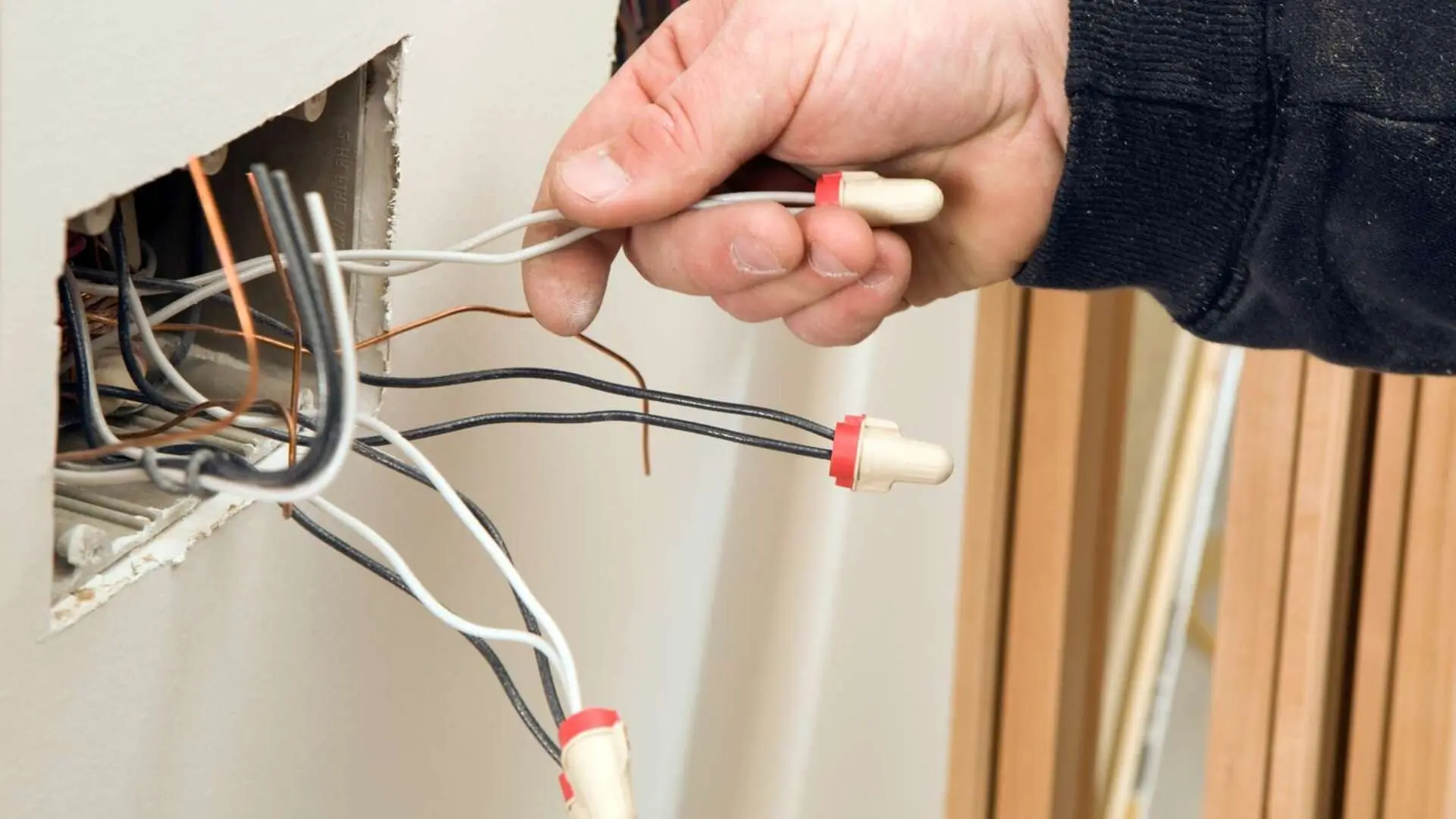
Connecting power to your home typically requires obtaining permits from the local authorities. These permits ensure the electrical work complies with safety regulations and building codes. Specific requirements may apply in Sydney, so it’s essential to check with the local municipality or consult with professionals, such as Bright Force Electrical, to ensure compliance.
Understanding your home’s electrical load is vital for determining the electrical system’s capacity required. An electrical load is the total power needed to operate all your home’s electrical devices and appliances simultaneously. By evaluating the load, you can ensure your electrical system can handle the anticipated demand without overloading.
If your home’s existing switchboards are outdated or inadequate to support the expected electrical load, it may be necessary to upgrade them. An electrical panel upgrade allows for increased capacity and improved safety. A qualified electrician can assess your current panel’s capacity and recommend an upgrade.
When it comes to electrical work, safety should be your number one priority. Before connecting power, keep these safety tips in mind:
While some individuals may have the skills and knowledge to handle electrical work, hiring a professional electrician is imperative in Sydney. Working with electricity can be complex and dangerous, and professionals have the expertise to ensure a safe and reliable power connection.
Now that you have made the necessary preparations, it’s time to dive into the step-by-step process of connecting power to your home. This section will guide you through each stage, ensuring a systematic and safe power connection.
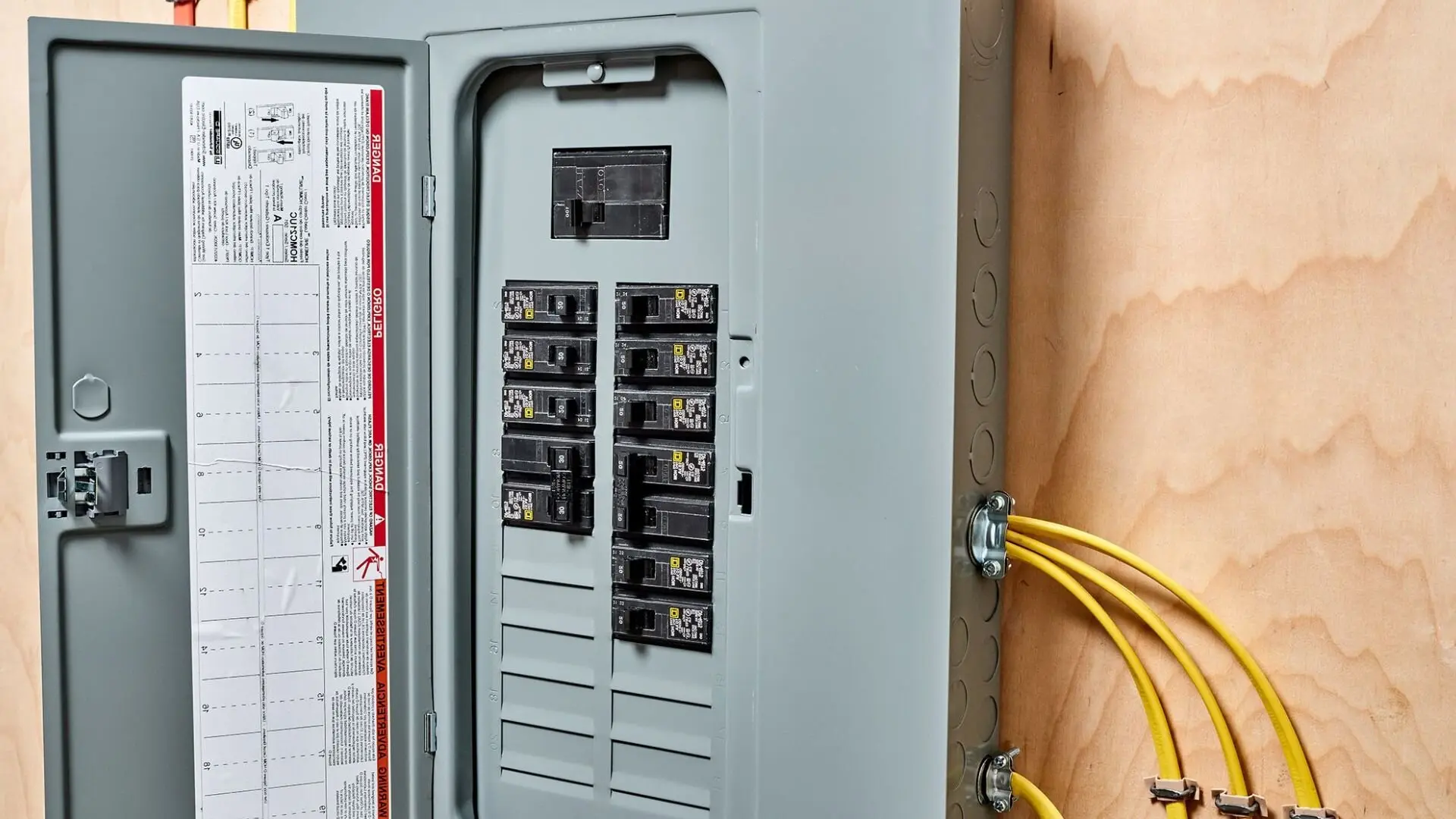
Before diving into any electrical work, it is crucial to take the necessary precautions to ensure your safety and the safety of others. The first step is to double-check that the main power supply to your house is turned off to avoid any potential electric shocks or accidents.
Once you’ve confirmed the power is off, don your essential protective equipment (PPE), such as gloves and safety glasses. These simple yet effective measures will shield you from potential hazards and provide an added layer of security while you work on the electrical components.
Maintaining a clean and clutter-free work area is of utmost importance. Keeping the surroundings tidy and organised minimises the risk of tripping over objects or accidentally interfering with live electrical circuits.
To begin disconnecting from the grid, contact your local utility company. They will assist you in temporarily disconnecting your home’s power supply from the primary electrical grid.
Adhere to the utility company’s specific guidelines to ensure a safe and seamless disconnection process. After the disconnection is completed, verify that the power is no longer flowing into your home before proceeding further with any electrical work or modifications. This precautionary step will help you safeguard against any potential electrical hazards and allow you to move confidently as you work on your electrical systems.
Think of the main service panel as your home’s electrical HQ. It houses circuit breakers or fuses crucial for protecting your circuits. Place it wisely – usually close to where electricity enters your house – to keep things running smoothly.
By having a well-placed and properly installed switchboard, you can ensure efficient electrical distribution throughout your home while maintaining the safety and protection of your electrical circuits. Careful attention to these crucial details will provide reliable electricity and give you peace of mind knowing that your home’s electrical infrastructure is in excellent working order.
When connecting power lines to your home, it’s crucial to seek the assistance of a professional electrician, such as the experts at Bright Force Electrical.
This task demands specialised knowledge and expertise to ensure a seamless and safe process. The electrician will skillfully connect the utility company’s main power lines directly to your home’s main service panel, effectively establishing the vital link to the electrical grid.
With the main power lines successfully connected, the next crucial phase involves installing and testing individual circuits throughout your home. These circuits supply power to specific areas or appliances within your household. Accomplished electricians will diligently carry out this task, carefully setting up the required wiring, outlets, switches, and circuit breakers for each designated circuit.
Once the installation is complete, a thorough testing procedure ensues to verify each circuit’s functionality and safety. This meticulous examination entails checking for correct wiring connections, ensuring adequate grounding measures, and confirming that the circuits can easily handle their respective electrical loads.

Congratulations! You now have a solid grasp of the step-by-step process for safely connecting power to your home. We’ve covered the key importance of knowing your electrical systems, getting prepped, and following a systematic flow for your power connection.
By adhering to industry standards and relying on the expertise of trusted professionals, you can create a reliable and efficient electrical system in your home. Don’t hesitate to consult with our team for any further questions or assistance you may need. From The Rocks to Crows Nest, we offer superior electrical services and emergency assistance. Enjoy peace of mind with a professionally connected power supply, and let Bright Force Electrical light up your home with expertise and excellence.
Did you enjoy reading our article “A Step-by-Step Guide To Connecting Power”? We have many related articles you may also be interested in reading, like the below:
Discover the significance of correctly connecting power for your safety and electrical system’s efficiency. Read our guide to ensure a secure and optimised setup.
Read MoreElevate your construction’s electrical integrity with insights into safe power management. Discover how stringent safety protocols and qualified electricians protect your site during critical power connections and disconnections.
Read MoreRelocating your business? Don’t let power concerns delay your opening! This guide simplifies connecting electricity to your new location, ensuring a seamless transition and keeping your business running smoothly.
Read MoreWe will call back as soon as possible.
